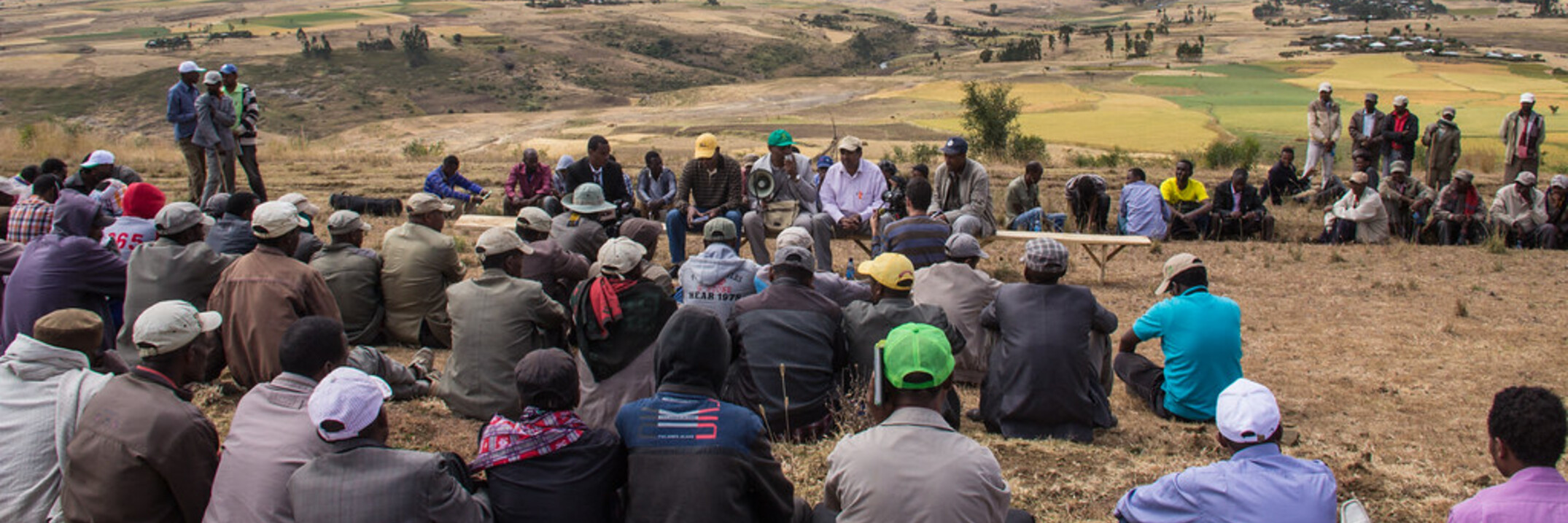Cool season legumes (Faba bean, chickpea, lentil, pea, and grass pea) are important protein harvests for food and nutrition security in many countries. They play key roles in sustainable cereal production through their ecological benefits. However...


